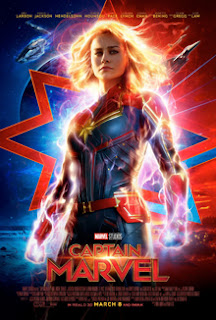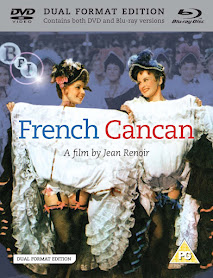Toys; fantasy / satire, USA, 1992, D: Barry Levinson, S: Robin Williams, Michael Gambon, Robin Wright, Joan Cusack, LL Cool J, Arthur Malet, Jamie Foxx, Jack Warden, Yeardley Smith
The owner of the famous Zevo Toys company dies, and leaves the managment of his business to his brother, General Leland Zevo, who intends to the switch over to production of war toys to sell them to the Pentagon. This upsets the frivolous Leslie Zevo, son of the deceased owner, who teams up with Gwen, Alsatia and Leland's son Patrick to stop the creation of war toys. In a finale at the factory, war toys battle peaceful toys. Leland is killed by his own war Sea Swine. Leslie takes over the company and falls in love with Gwen.
“Toys” is the darndest thing: it makes sense in the aspects of visual style and set designs, but its story and jokes simply don’t work. “Toys” start off wonderfully, with the enchanting song “The Closing of the Year” sang by Wendy & Lisa, and written by Hans Zimmer, which is magical and appropriate to transform the viewers into this magical world, all the while this is cross cut with an ominous car driving through the meadow. Some of the visual ideas and solutions are also great at times, referencing surreal paintings by Rene Magritte. And yet, the sole plot is a strange mish-mash of two disparate ideas which nullify each other: on one hand, it wants to tell a story about a happy toymaker Leslie; but on the other hand, there is this dark concept of General Zevo who wants to make war toys for the Pentagon. 70 minutes in, and you still don’t know what this movie is about. One can view it as an allegory on the fight between two succesors of this (toy) kingdom; Leslie, who wants a pacifist rule and happiness, while the General pushes for militarization, yet what a weird movie to present the latter.
The General’s story never truly feels right or genuine, just shoehorned. And thus these war plot points feel odd and misplaced, like they belong in a different movie. The movie needed a different purpose outside these heavy-handed messages about some abuse of kids for unconscious child soldiers. Peculiarly, no kids are shown playing with Zevo Toys outside the factory. The finale is a disaster, presenting some slowly moving miniature toy tanks against slowly moving toys, but watching a plastic swan slowly waddle for an attack is just anticlimactic and stiff. The movie works the best when it just goes in for full zany energy, such as the creative MTV music video to distract the surveillance camera, or when Robin Williams displays his comic sense in the scene where he looks at the photocopy of Patrick’s (African-American) and Gwen’s (White) faces, side by side, compares it to "before and after", and then mimicks Michael Jackson’s high pitch voice: “I never had a surgery, never, ever!” Williams is strangely passive and subdued here as Leslie, when he should have been given full comedy charisma to dominate more, to counter General Zevo, and thus most of the movie is simply either unfunny or only meagerly funny. Overall, "Toys" can be summed up in one sequence: Leslie and several other engineers are discussing about their new plastic toy, fake vomit, all the while the blocks of walls around them are experiencing indentation, Tetris-style, as the room is shrinking. Visually, the scene looks impressive, but all the small chat about adding peas and other traces of food in the fake vomit simply feel pointless and unfunny.
Grade:+



























